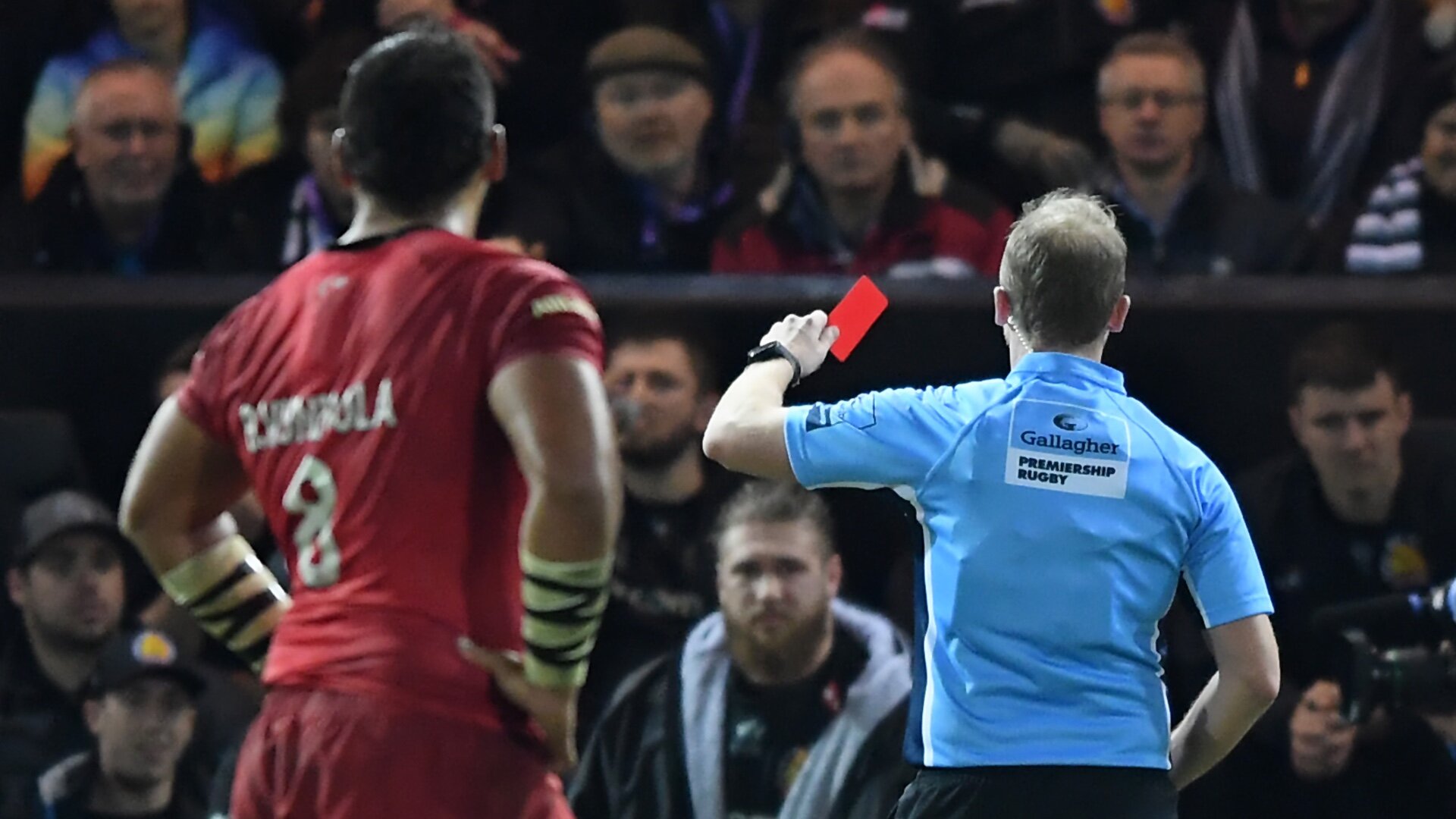Barrister credited with reforming rugby's judicial process handed four-year extension

Christopher Quinlan has been handed a four-year extension as the World Rugby independent judicial panel chairman for another four-year term.
The sport’s governing body claimed that the barrister’s reforms in his initial four-year stint resulted in “consistent outcomes at World Cup 2019 and a disciplinary framework that has protected player welfare, particularly in the priority area of concussions, which were reduced by more than 30 per cent”.
Quinlan was also credited with the identification, training and appointment of ex-international players, coaches and referees for the judicial process. That personnel include Stefan Terblanche, Sarah Smith, Becky Essex, Leon Lloyd, Frank Hadden and Donal Courtney.
He also oversaw the progression of female judicial chairs with Shao-Ing Wang and Pamela Woodman selected for World Cup 2019.
The World Rugby statement added: “Quinlan will continue to be responsible for the appointment, management and training of World Rugby’s judicial committees and officers for the international game and will work closely with the new director of rugby and high performance Joe Schmidt and citing commissioner manager Steve Hinds to ensure continued harmony between the on-field and off-field disciplinary processes.
Quitting for a rival sport https://t.co/D54Zl2DRzd
— RugbyPass (@RugbyPass) December 2, 2020
“An accomplished barrister, Quinlan performed judicial panel duties at four men’s Rugby World Cups, one women’s Rugby World Cup and a host of sevens events. He also served on World Rugby’s anti-doping advisory committee and has nearly 30 years of independent criminal and sports law practice.”
Quinlan said: “I’m delighted to accept the invitation of a second term leading a very talented and diligent judicial panel. We have made solid progress over the last four years and I look forward to continuing to contribute to a disciplinary system which will deliver consistent justice, empathetic with the requirements of the modern game.”
World Rugby chairman Bill Beaumont added: “Christopher is greatly respected within the game and his collaborative management style has driven even greater consistency and rugby playing empathy within our disciplinary processes, including the recruitment and development of former players, coaches and referees within the international panel.
“This resulted in excellent outcomes at Rugby World Cup and at Test level where there is consistent cooperation and alignment between match official, citing and disciplinary panel decision-making.”
George Kruis "will be putting in the graft", ensuring that he's ready should he be selected for the Lions. #LionsRugby pic.twitter.com/NmwnJGoM8g
— RugbyPass (@RugbyPass) December 4, 2020
















